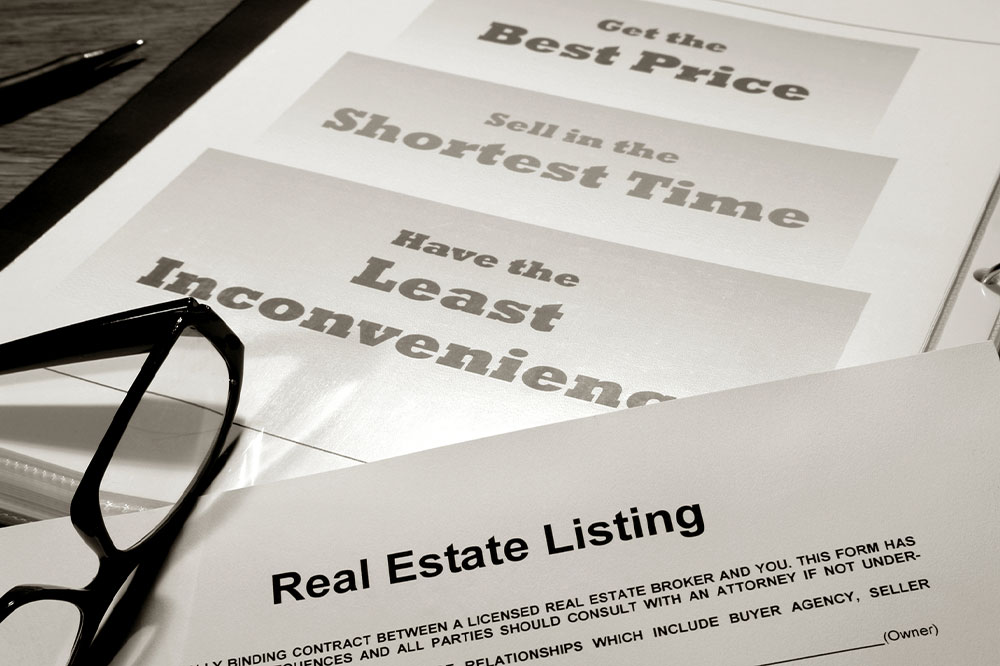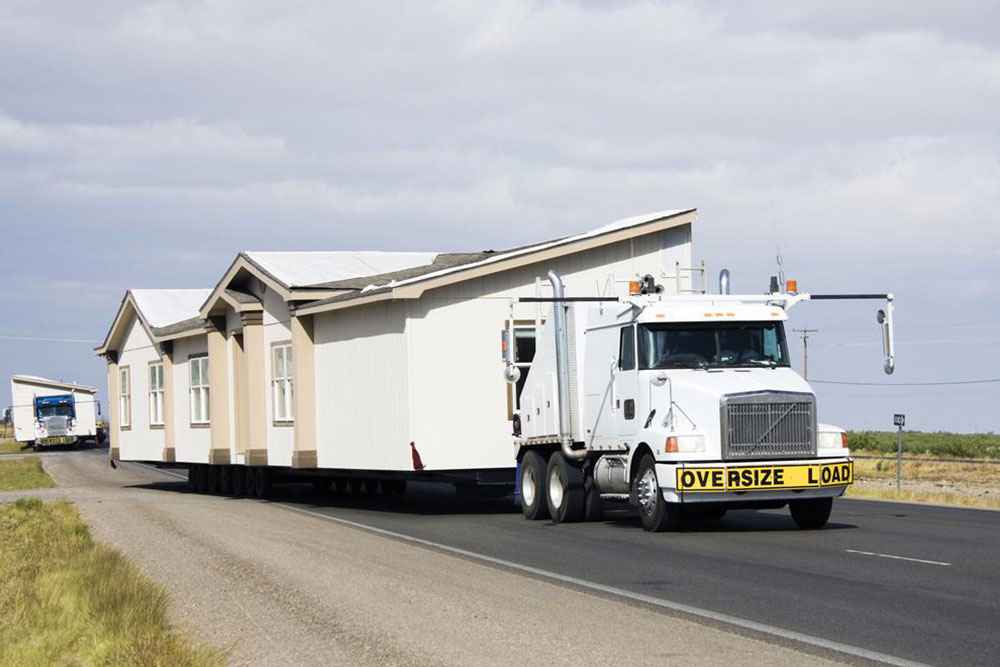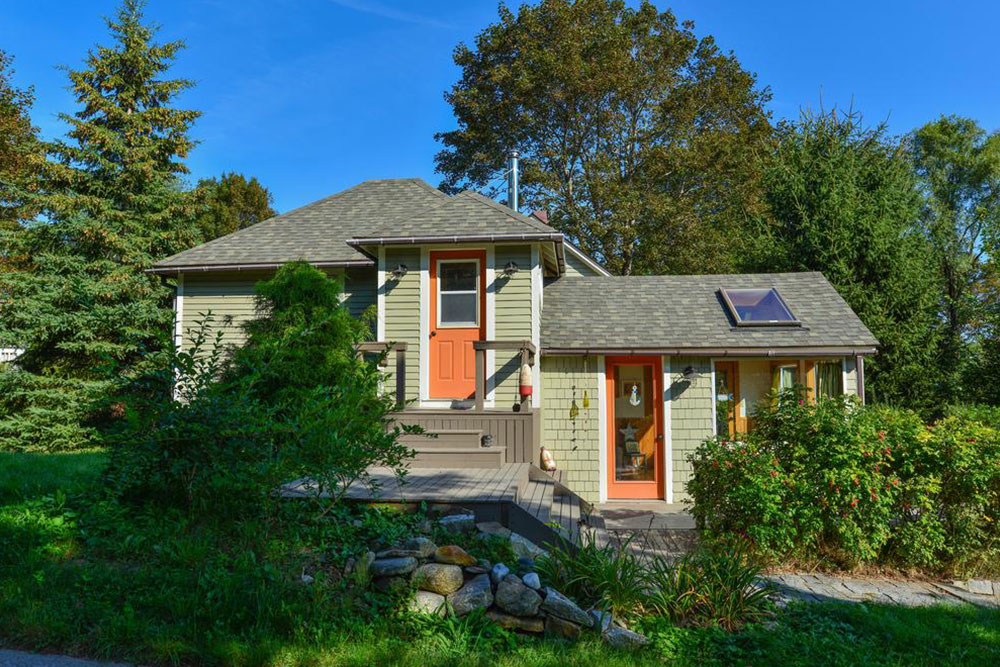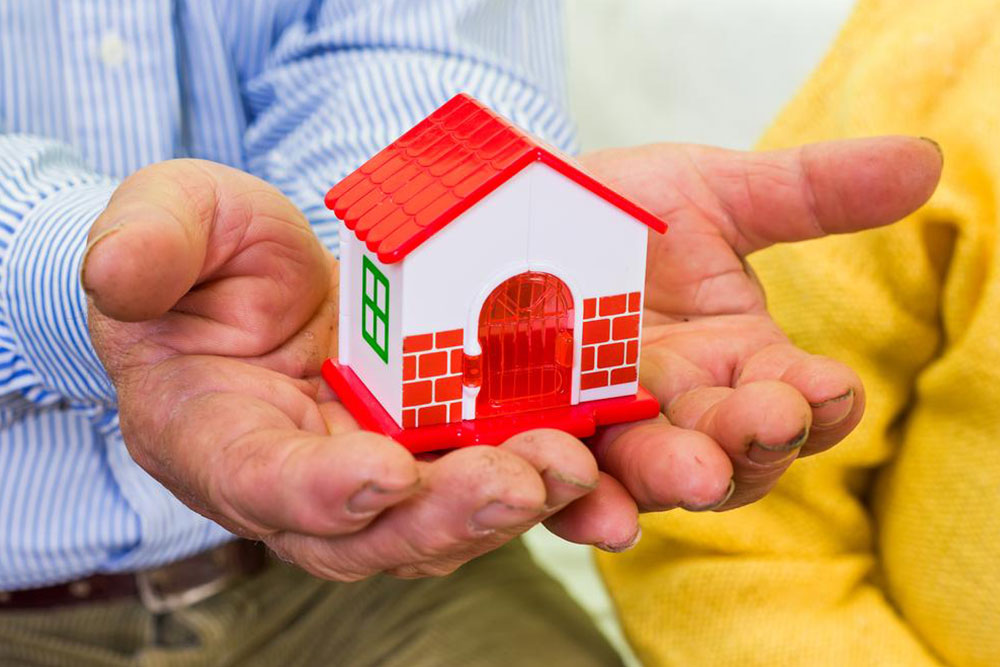Key Factors Affecting the Purchase and Sale of Prefabricated Homes
This article explores key factors influencing the sales and prices of prefabricated homes, including market demand, competition, costs, and customization options. It covers various types of prefab homes, buying considerations, and benefits of dealership purchases. Ideal for prospective buyers and industry stakeholders, it provides insights into navigating the prefab housing market efficiently and cost-effectively.
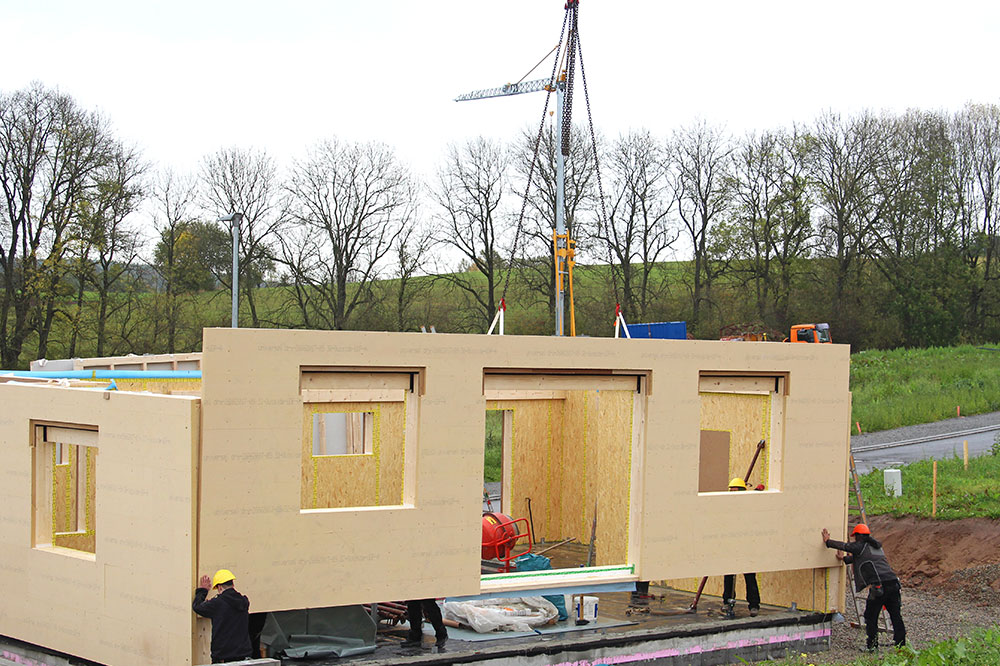
When selecting a new residence, prospective homeowners often choose between buying an existing house or constructing a new one. An alternative growing in popularity is prefabricated homes, which are built in factories and assembled on-site. These homes are produced with efficiency and cost savings, thanks to controlled manufacturing processes, allowing quicker completion compared to traditional construction.
Why Availability of Prefabricated Homes Varies
Several factors influence the availability of prefabricated homes for sale, including:
Market Demand
If demand for new homes is low, sales of prefabricated models may be sluggish.
Competing Housing Options
With numerous alternatives like conventional houses, modular designs, or apartment complexes, prefabricated homes face stiff competition.
Pricing Factors
Higher price points compared to other housing types can decrease buyer interest.
Financing Challenges
Lending institutions may have strict requirements, making it harder for buyers to secure loans for prefab homes, thereby limiting potential buyers.
Types of Unsold Prefabricated Residences
Various styles of unsold prefab homes exist, each with unique designs and benefits:
Single-story Ranch Homes
Open-plan, single-level homes with spacious living rooms, bedrooms, and kitchens.
Cape Cod Houses
Characterized by steep roofs, dormer windows, and inviting cottage-style interiors, often with a front porch.
Contemporary Designs
Features sleek lines, minimalistic interiors, open layouts, energy-efficient materials, and smart home technology.
Compact Tiny Homes
Small, eco-friendly dwellings under 500 sq ft, often with lofted beds and built-in storage.
Multi-family Units
Designed for multiple tenants, ranging from duplexes to larger apartment complexes, offering affordable housing solutions.
Price Determinants for Unsold Prefab Homes
Certain variables influence the pricing of unsold prefabricated residences:
Location
Homes in high-demand areas, with quality amenities, tend to cost more, affected by land costs, permits, and local taxes.
Size
Price often correlates directly with square footage, calculated by multiplying area by the price per square foot.
Customization
Personalized features and upgrades increase overall costs compared to standard models.
Material Quality
Premium materials, like energy-efficient windows or high-end finishes, drive up prices.
Finish Level
High-quality interiors with luxurious features add to the cost, with finishes like granite countertops or hardwood flooring being more expensive.
Market Conditions
Interest rates, economic climate, and supply-demand dynamics also influence pricing.
Considerations Prior to Purchasing Unsold Prefab Homes
Before buying, evaluate details such as:
Site Preparation
Ensure the land is ready, with foundation work and utility hookups completed prior to delivery.
Delivery and Installation
Coordinate transportation and setup with manufacturers, securing necessary permits and understanding costs involved.
Customization Options
Check if modifications to design, materials, or features are feasible to meet your preferences.
Financial Arrangements
Explore financing options like traditional mortgages, loans, or manufacturer financing programs.
Warranty and Maintenance
Review warranty coverage and plan for ongoing upkeep and repairs.
Regulatory Compliance
Investigate local zoning laws or building codes that might affect installation.
Advantages of Purchasing from Prefab Home Dealerships
Buying through reputable dealerships offers benefits such as:
Reduced Costs
Dealers often acquire unsold homes at discounted prices, allowing savings to reach consumers.
Variety of Models
Dealerships provide diverse options, from affordable starter homes to luxury models, catering to different needs and budgets.
Expert Support
Professionals help guide buyers through design choices, financing, and installation processes.
Fast Turnaround
Prefabricated homes can be assembled within days or weeks, enabling quick move-in times.
Partnering with trusted dealerships can make acquiring an affordable prefabricated home more manageable, tailored to your preferences.


